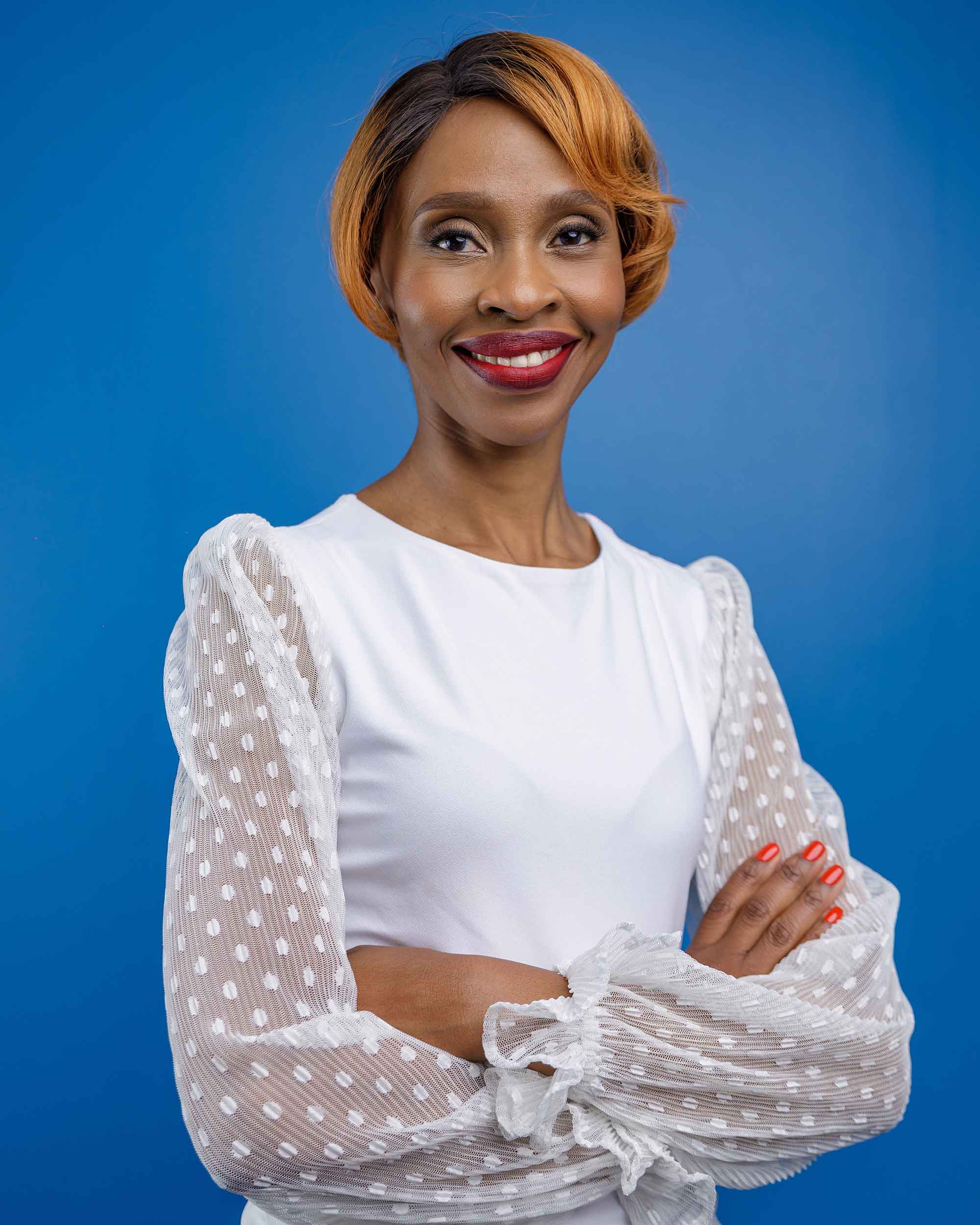THE RECENT row around the educational qualifications – or rather the lack of them – among Members of Parliament has taught South Africans one thing at least: experience only trumps qualifications when there is no stipulated requirement for them for entry into a particular post.
At the dawn of democracy, there was a huge move to reward experience – this was called Recognition of Prior Learning. We needed this to allow people to compete on equal playing fields, especially those who had been denied access to university either because of their political activity – or because they couldn’t afford it.
This isn’t the case now, in fact politics is probably the last remaining bastion in this country where your ability counts more than your degrees. For the rest of us, sometimes not even a bachelor’s degree will let you cross the first hurdle. In fact, politicians might get a pass but the public servants who advise them and – in the case of ministers – the directors-general and deputy directors-general who effectively run the departments for their political heads, need at least subject specific master’s level qualifications and commensurate experience.
It used to be the professions that required years of study: medicine, law, accountancy, engineering, but the route to senior management in corporates these days requires at least a bachelor’s degree in your speciality (many candidates have honours or master’s) and then a business qualification on top of that.
The MBA remains the gold standard of business leadership qualifications. Five years ago, the pool of MBA graduates was small enough to make just having an MBA degree enough. These days the reality is that not all MBAs are considered equal – there are about five business schools in South Africa which are highly regarded, with a bias still towards the elite MBA from the Ivy League colleges in the US. Irrespective of which one you have, expect to be given a case study to be tested on your financial knowledge, especially when you have applied and been short-listed for a C-suite position. A degree doesn’t guarantee cognitive ability, an absolute essential skill in this increasingly complex world, any more than it is a substitute for experience.
The panel will get the results of your test and they’ll grill you to see if you can read a financial statement or work out profit and loss ratios. I’ve witnessed incredibly embarrassing moments when candidates for CEO positions (who held MBA degrees) were not able to even read a balance sheet or work out the profit and loss ratios. When they were pressed, they’d blithely say, “I have a very competent CFO, who I rely on to brief me on the numbers”.
The bottom line, pun intended, is that’s not good enough. If you’re going to be a CEO, you need to lead, but you also need to know how to manage – and how can you manage if you can’t find answers to the most basic questions yourself, like whether the business you are running is being run into the ground?
Another critical, though often overlooked attribute, is the right attitude; the right degree of confidence leavened with the necessary humility infused by a desire to learn on the job and through that to do it right.
Business qualifications are also important for aspirant top leaders because the best business schools instil a sense of reflection in their students and inculcate a consciousness for triple bottom line reporting. It’s no longer just about returning value to shareholders, it’s about looking after staff and investing in the community in which you work so that the business you run is a force for good for everyone associated with it.
Business leaders need to understand that and their role in it. Staff too have changed dramatically since the days most aspirant CEOs started their careers. Millennials bring an entirely different level of skills to the table – or the work floor – but also a brand-new set of challenges in how they are treated. Getting the best out of them, and they are an essential asset as we move over the threshold in the digital age and the fourth industrial revolution –requires a willingness to learn and an ability to be challenged, that is best learnt in the hothouse environment of an MBA.
None of us, politicians excepted perhaps, are exempt from the need to study. Learning should be a lifelong pursuit for everyone, but especially those of us in corporate careers. We dare not sit on our laurels and think experience will be enough to keep us in our jobs, especially in a world where downsizing and restructuring aren’t just euphemisms but ever-present realities.
Just like aspirant CEOs have to be conscious all the time of what sets them apart from other contenders for the job, we have to do the same just to keep ours. It doesn’t have to be an MBA it could be vocational or executive training offered by the company itself, take the opportunity – it doesn’t need to be a PhD though, yet.
And, as the next generation prepare to leave school and enter the halls of higher learning, what should they be studying? That’s an entire column in itself, suffice to say it’s critical they start learning the basics about the knowledge economy because one day, thanks to artificial intelligence and machine learning, many of the professions we might have thought of as indispensable will be redundant – everyone though will still need to analyse, to think and to reflect, which is why you’ll still need a supplementary business qualification.
Degrees though just remain the key to opening the door. What you do once you are in, the experience that you build up and how you use it, will determine just how successful you will be.
- Lucia Mabasa is managing director of pinpoint one human resources, a Johannesburg based executive search firm.
15 December 2018





